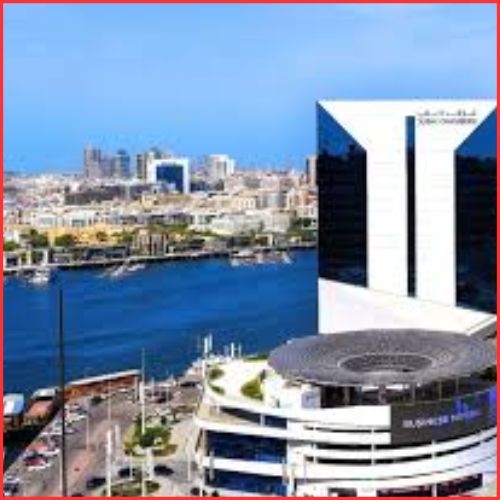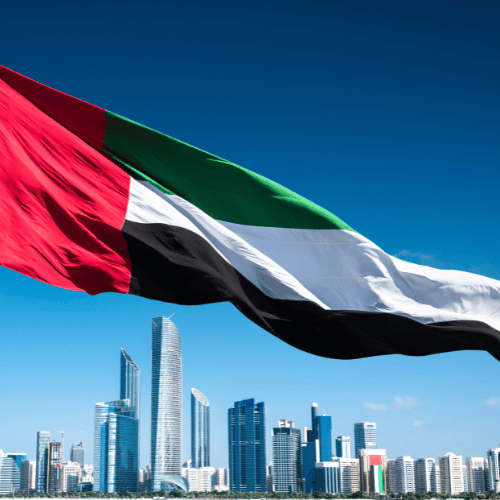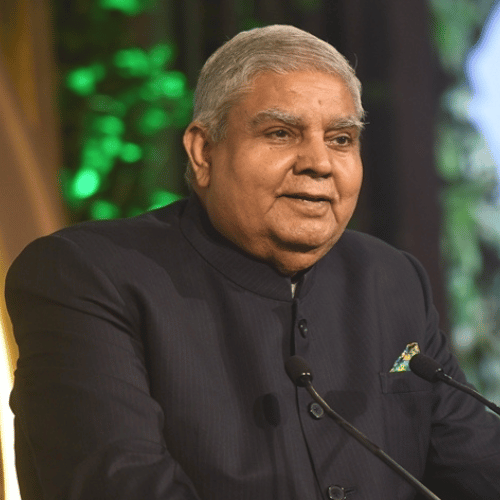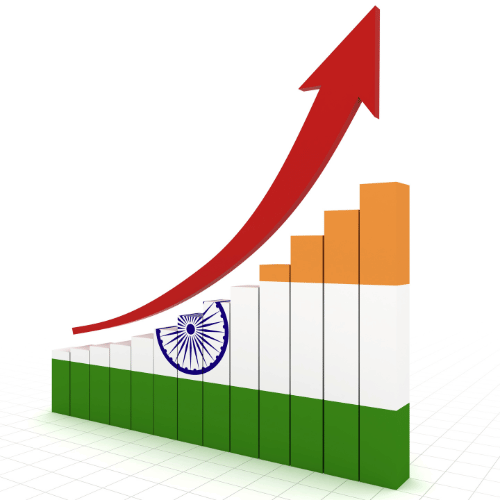According to Romal Shetty, the CEO of Deloitte South Asia achieving India’s goal of becoming a nation by 2047 as envisioned by Prime Minister Narendra Modi hinges, on maintaining a steady annual growth rate of 8 9 percent. Shetty points out that India holds an advantage in the ‘China plus one’ strategy due to its scale and capabilities. He identifies areas for growth including agriculture, space exploration, semiconductors, and electric vehicles (EVs) while emphasizing the importance of addressing challenges such as oil imports and biases, in intelligence (AI). S&P Global projects that India aims to double its size to $6.7 trillion by 2031 positioning it as the world’s largest economy.
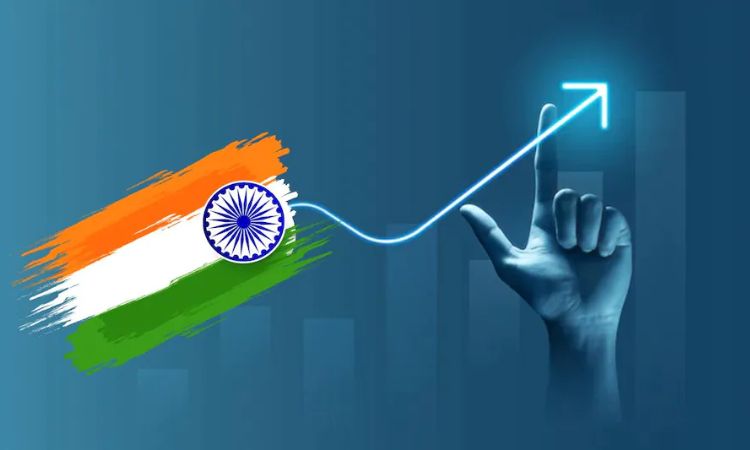
India must achieve a growth rate of 8-9 percent over the two decades to become a developed nation by 2047 according to Romal Shetty, CEO of Deloitte South Asia.
During an interview, Modi expressed confidence that India would soon be counted among the three economies globally. He stated, “By 2047 I am certain that our country will have evolved into a developed nation. Our economy will be more inclusive and driven by innovation.”
Shetty highlighted the benefits, for India in adopting the “China plus one” strategy as no other country can match its scale and operational capabilities.
Specifically referring to the space sector Shetty emphasized that India already boasts 200 startups and anticipates attracting investments of $100 billion by 2040.
“To achieve our goal of becoming a developed economy and surpassing middle-income status we must maintain growth of 8 9 percent until at 2047. Sustaining growth rates is no easy feat; only a handful of nations worldwide have managed to accomplish it ” Shetty remarked.
Presently India holds the position, of the world’s 5th largest economy after the United States, China, Japan, and Germany.
According to a report, from S&P Global India’s economy is expected to double to USD 6.7 trillion by 2031 from its current value of USD 3.4 trillion.
Shetty also mentioned that India should explore opportunities in sectors such as agriculture, space, and emerging areas like semiconductors and electric vehicles (EVs). He highlighted the country’s pace of road construction, which boosts development and trade.
“Multinational companies are considering a ‘China plus one’ strategy. While other countries may benefit when these companies decide to relocate their manufacturing from China; none can match India’s scale and size ” Shetty added.
He also pointed out that one major challenge for India is its reliance on imported oil. Additionally despite the power of technology in the country, there are concerns about biases, in Artificial Intelligence (AI). “These are issues we should be mindful of.”










